Fostering Healthy Futures®
ProgramPages
RelatedLinks

Program Information

Background
Fostering Healthy Futures® (FHF) programs build on youth’s strengths and assets through mentoring and skills training to promote healthy development. FHF serves children and youth with current or previous child welfare involvement due to one or more adverse childhood experiences (ACEs). These ACEs may include maltreatment, out-of-home placement, instability in housing, caregivers or schools, and/or parental substance use, mental illness, or incarceration. FHF programs were developed and tested at the Kempe Center and the University of Denver through three randomized controlled trials.
Fostering Healthy Futures® for Preteens (FHF-P)
FHF-P is a 30-week preventive intervention program for preadolescent children ages 9-11 and consists of weekly skills groups and 1:1 mentoring by graduate students in social work, psychology, or a related field. Skills groups provide an opportunity for children who have all experienced ACEs to process their experiences and practice important social skills, such as feelings identification, problem solving, and healthy coping. Studies have demonstrated that children who participated in FHF, compared to a control group, evidenced:
- Better mental health functioning
- Fewer trauma symptoms
- Reduction in long-term suicidality
- Less mental health treatment
- Less delinquency/justice involvement
- Fewer short-term risk factors for substance abuse
- Reduction in long-term substance use
- Less residential treatment
- Fewer placement changes, greater permanency
- Higher quality of life
Fostering Healthy Futures® for Teens (FHF-T)
FHF-T is a 30-week preventive intervention program that utilizes individualized skills-based mentoring for 8th and 9th graders. Mentors are trained to support adolescents in goal setting and then work with them to learn and implement skills to help them achieve their goals. In addition to weekly mentoring, teens have the opportunity to participate in workshops to build and practice psychosocial skills. FHF-T’s outcomes include reducing juvenile justice involvement and increasing permanency.
Alignment with the Family First Prevention Services Act (FFPSA)
FHF-P is listed as a supported program on the Title IV-E Prevention Services Clearinghouse in the
Mental Health service area. The program and its outcomes are consistent with FFPSA’s goals of
supporting evidence-based programs, increasing permanency, reducing congregate care, improving
mental health, and supporting kinship care. Stakeholder evaluations and rates of program
engagement suggest that Fostering Healthy Futures® programming is highly acceptable to diverse
children, families, and community partners.
Find Out More
For additional program information, please contact FHF Dissemination Director:
Michel Holien
303-817-8162
[email protected]



